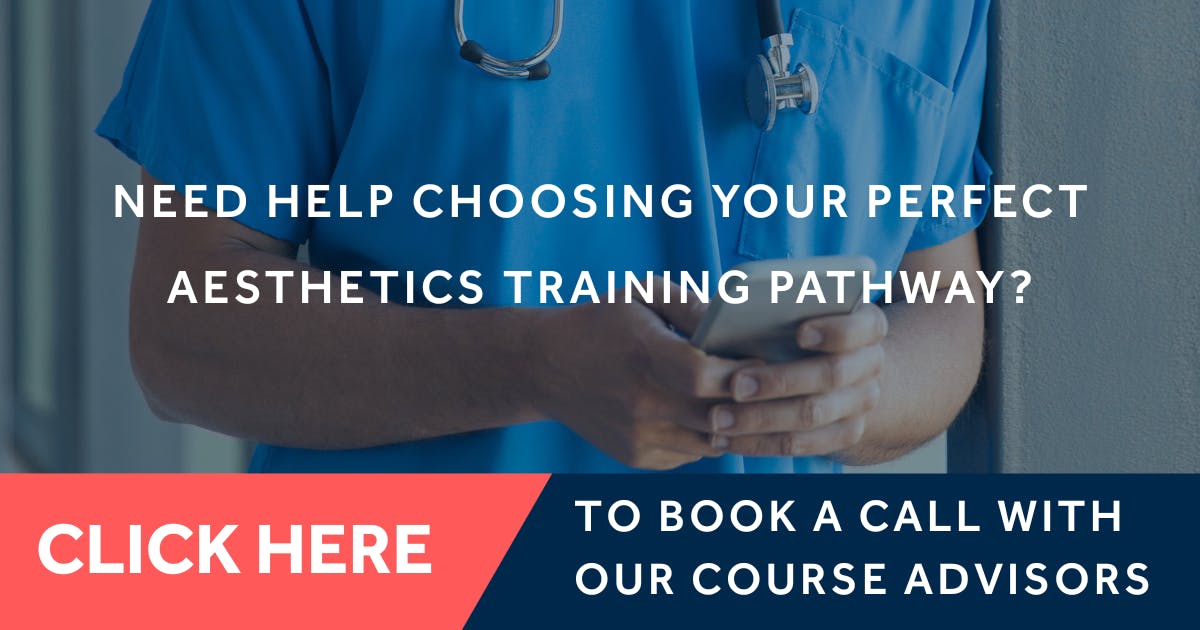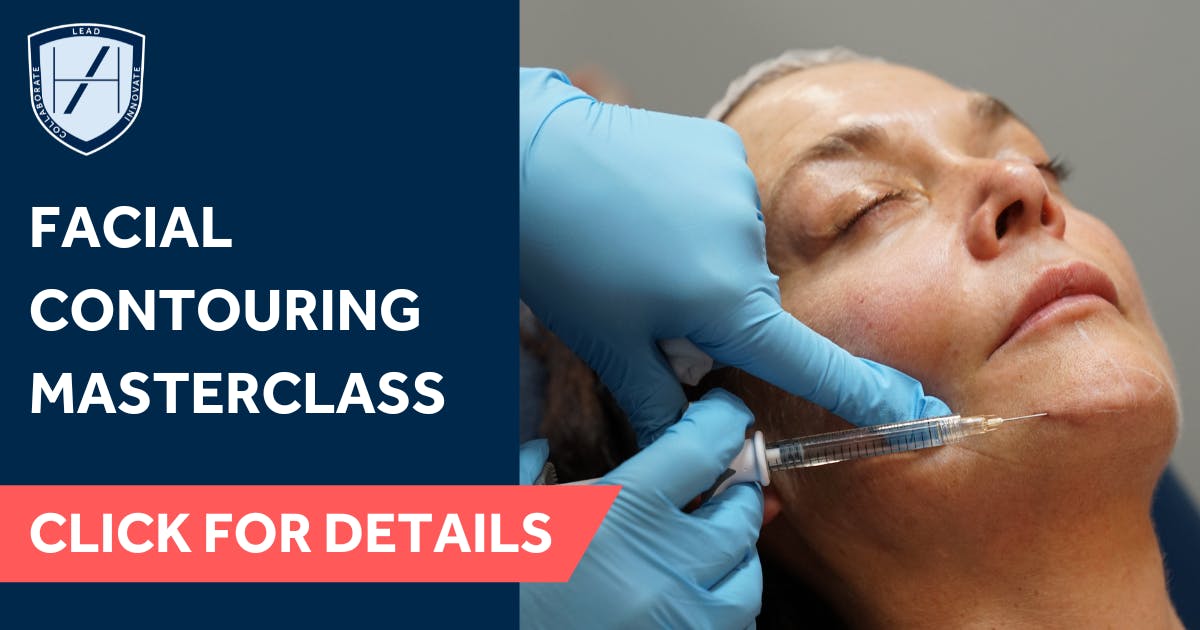AI Tools for Aesthetic Practitioners: The Dos and Don’ts
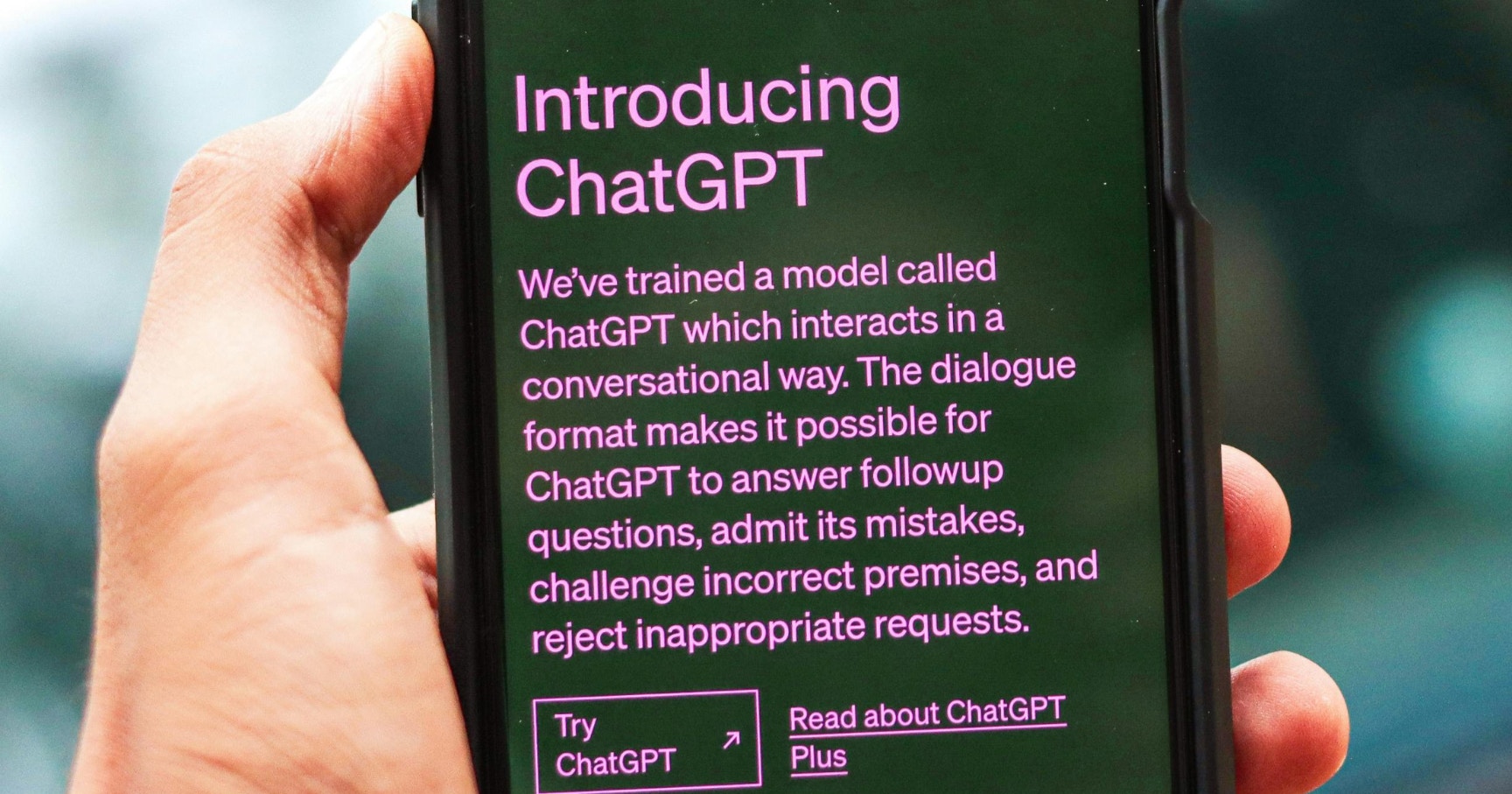
Would you consider using business AI tools as an aesthetic practitioner?
Artificial intelligence (AI) tools such as ChatGPT can be used to help injectors in many aspects of practice, but is this advisable?
From Google’s AI overview responses to automated website chatbots, AI is becoming increasingly integrated into all aspects of everyday life. But how safe are these platforms when used by medical professionals in relation to their aesthetic practice?
As a new study delves into AI’s potential uses for plastic surgery, we look at the non-surgical applications.
Here, we explore the dos and don’ts of integrating AI tools into your aesthetic business, discussing patient safety and legal considerations. You can also scroll down for our top 10 dos and don'ts of AI tools for aesthetic practitioners.
We’ve omitted any discussion of the ethics, ecological effects and lack of regulation of artificial intelligence here. However, we recommend doing your own research on this complex, emotive topic.
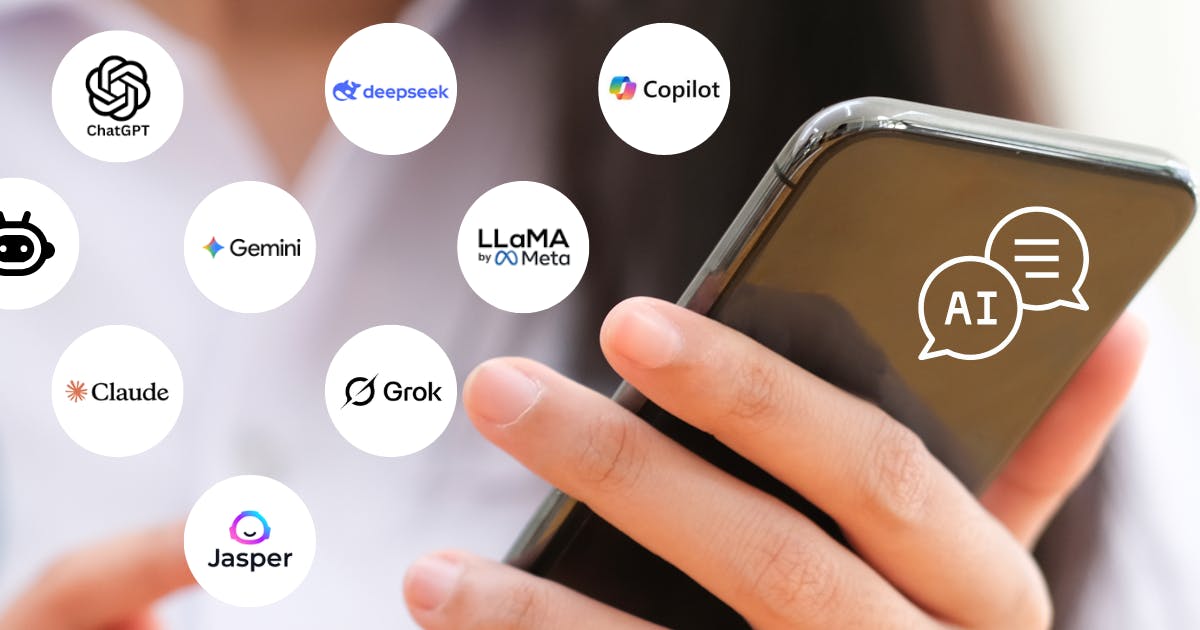
Research into using AI to ‘enhance’ plastic surgery practice
New research from China states that AI ‘has the potential to enhance medical practice’, but is currently under-researched in relation to plastic surgery.
This study used DeepSeek-R1 and ChatGPT-4.5 to provide assistance on 10 plastic surgery-related tasks. Two plastic surgeons evaluated each response and compared cross-platform, ‘focusing on accuracy, detail, and clinical relevance’. These related to general knowledge questions as well as ‘more complex, clinically relevant tasks such as medical history notes’.
The findings revealed how ‘DeepSeek-R1 consistently outperformed ChatGPT-4.5 across all tasks’. DeepSeek-R1 was said to be particularly efficient in tasks related to botulinum toxin, medical documentation and ‘novel research topics’. It reportedly excelled in tasks where a high level of clinical detail, comprehensive explanations and ‘professional-level accuracy’ was necessary.
ChatGPT was better at more concise responses which were found to be accurate but ‘less detailed’. The platform also showed ‘more variability and scored lower in complex clinical tasks’.
‘Both models show promise in supporting plastic surgery practice and education, but should complement, not replace, human expertise,’ conclude the researchers.
Ways aesthetic practitioners can use AI tools such as ChatGPT
Like it or not, AI is now a way of life. It’s being incorporated into our everyday experiences in subtle ways.
Google recently rolled out AI Overviews - these short snippets of information at the top of the page give you a quick response to your search query. But even from its name, this is quite clear about its AI-ness.
You’re likely already using AI without knowing it
Such is the creep of this innovative technology, you may well be using it without even realising. For example, the following applications are all fuelled by AI…
- Cameraphone photography settings, such as portrait mode
- Spam email filters
- Predictive text and autocorrect
- Personalised recommendations on streaming platforms or online shopping
- Traffic updates on apps such as Waze
- Website chatbots.
How you can use AI tools in aesthetic practice
There are myriad ways to incorporate artificial intelligence as an aesthetic practitioner. Some of the most useful can increase your efficiency, especially for admin tasks, customer service and marketing.
There are also ways you can use AI that are less advisable, as a healthcare professional.
New products and platforms are evolving, including those which are able to assess and rate your patient’s ‘beauty’. Others can detect facial proportions, recommend treatment plans for beautification and/or rejuvenation, then show them predicted outcomes of what they’d look like following certain injectable treatments.
These types of tools do, of course, require moral consideration as to whether they could do more harm than good, from a psychological perspective.
Here are just a few examples of ways you can currently use AI tools in a less ethically ambiguous way, as an aesthetic practitioner…
Examples of clinical AI applications for aesthetic practitioners:
- Skin analysis services, such as Observ skin scanning devices
- Clinical note-taking apps, such as Nuance Dragon Medical One, and Heidi AI Medical Scribe
- Crisalix 3D predicts potential treatment outcomes for neurotoxin or filler, and can plot personalised injection maps
- Results tracking apps such as MiiSkin, which scans photo uploads for anomalies and flags them for review by a healthcare professional.
Examples of aesthetics marketing and business management AI tools:
- Appointment scheduling platforms, such as Phorest or Fresha generate appointments and automate reminders to improve profitability by reducing no-shows
- Grammarly Business and Jasper AI can flag any problematic or misleading claims for marketing copy, based on ASA guidance
- Financial management tools, such as QuickBooks, can produce financial forecasts, help with tax preparation, and assist with end-of-year accounts
- Canva Pro with Magic Write & Magic Design can help you to design visually appealing marketing assets, from social media posts to brochures, with consistent branding.
General use of large language learning models (LLLM), such as ChatGPT, Gemini and Claude
You can use LLLMs - probably the most recognisable type of AI tool - to generate many formats of information, from text and images to diagrams and infographics. This is done by inputting a ‘prompt’ - essentially, a longer, more detailed version of a search engine query.
By stating what the situation is and what information you want it to provide, as well as the format in which you want to receive the response, you can access a wealth of information.
This provides far more detailed responses than a regular Google search. However, it’s of the utmost importance to double check this information against reputable sources. AI can - and does - make mistakes and assumptions. They should not be relied upon for correct information, especially when it comes to anything medical.
In many cases, it’s most useful to use these outputs solely for inspiration, for example:
- Coming up with a full-channel aesthetics marketing plan bespoke to you, your clinic and the key aspects you wish to promote, taking your target audience and location into account
- Devising social media strategies and content ideas tailored to your practice, location and target audience, aligned with ASA requirements. This can include listing the most appropriate hashtags for any specific social media channel, as well as those to avoid
- Producing step-by-step business plans and a unique career roadmap based on your current status, goals, timeline and assets such as availability and finances. This can include advising on the best aesthetics courses to get you where you want to be, different career pathways within aesthetic medicine, and more
- Producing detailed treatment plan recommendations based on the parameters provided. Useful for inspiring ideas and comparing with your own thoughts.
It’s worth bearing in mind that, whilst some AI platforms can access the internet, they cannot use information that sits behind a paywall. This includes subscription-only platforms such as medical journals and the GEM© by Harley Academy app.
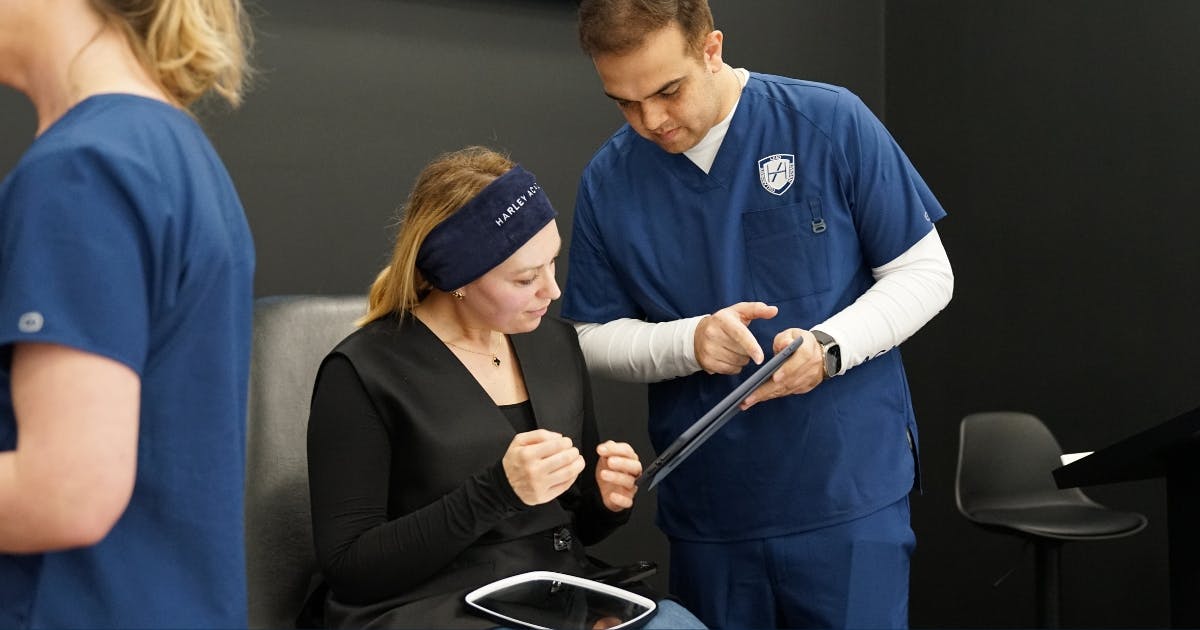
AI and maintaining patient confidentiality
When it comes to using any type of AI platform outside of those integrated into your own systems, there’s a huge red flag to be aware of.
Your AI searches may be able to be accessed by search engines.
The rapid evolution of AI means new opportunities - and issues - are arising on a daily basis.
It was recently announced that your ChatGPT history could appear in Google. Due to an immense backlash, this policy was rolled back. However, on Friday 15 August, Gemini revealed new user agreements in relation to data sharing and use of your information to train Google.
So, although it seems ok for now, whether you’re using ChatGPT, Claude, Gemini, Microsoft Copilot, Grok, or any of the other LLLMs, extreme caution is advised. It’s especially important to be aware and stay on top of these potential issues as a medical professional, dealing with patient information.
Inputting sensitive data could breach both patient confidentiality and UK GDPR restrictions.
Read the small print and know what you’re agreeing to
Integrated AI tools, such as chatbot programmes, may also obtain and use information that may identify a patient - such as their name and contact details. However, you should be aware of what is, or may be obtained, how it can be used and stored, and then cover any reasonable use in your website’s legal documentation.
Where you’re using a separate platform, you’re at the mercy of that business’ legal stipulations. It’s your responsibility to ensure you understand what you’re agreeing to and where you’re inputting sensitive information.
If you’ve ever used ChatGPT, it’s highly likely you haven’t read the full Terms & Conditions first. It’s equally likely that you haven’t checked your account settings, where you can restrict access to search engines.
This also applies to video and photo content editing apps
The pitfalls we’ve outlined are the types of legal minefields to bear in mind when using any digital platform - AI or otherwise.
For example, the popular video editing software, CapCut. You may not think of it as an AI tool, although its filters do use AI, but as a third party service, you must be aware of what you’re agreeing to when you use it.
CapCut recently updated its user policy. The new terms of use include allowing CapCut to use any content you upload to its app - whether you end up using it or not - without restriction or your approval. Neither credit nor financial compensation is required.
It states that, by uploading content to CapCut's servers, users grant the platform a perpetual, irrevocable, royalty-free, sublicensable, and transferable license to use, modify, distribute, and create derivative works from that content. This includes unpublished drafts and extends to using your likeness, voice, and username in promotional materials. It does not include any offline edits.
This could mean your patient imagery and footage is used by CapCut in its own marketing, either in full or in part. But that’s great publicity, right? No. Absolutely not.
Not only do you not get to approve how or where it’s used - this right is already granted through your acceptance of the app’s terms and conditions. It does not have to be attributed to you as the creator. In fact, theoretically, it could even be used alongside content that doesn’t belong to you, making it look like your work was that of someone else.
Furthermore, if your patient didn’t agree to this type of sharing - if your consent documentation only makes reference to your own marketing and posting to your own social channels and/or website - you have a problem.
10 dos and don’ts of AI use for aesthetic practitioners
Let’s round up with a quick overview of the key takeaways from this article on the use of AI tools for aesthetic practitioners.
- DO double check any information against reputable sources
- DON’T rely solely on LLLM sources such as ChatGPT or Gemini
- DO check the user agreements before using any new AI tool and ensure patient confidentiality remains of paramount importance
- DON’T include sensitive information, including patient data, into LLLM prompts
- DO check the settings in your LLLMs to ensure you’re not sharing query information to search engines, and clear your prompt history regularly
- DON’T use LLLMs like a search engine - prompts are more efficient when you provide as much detail as possible. You can also include the text ‘Improve this prompt to give me the best possible outcome’ at the end of your query, so it can demonstrate how to write a better version.
- DO ask LLLMs to cite their sources if you can’t see them clearly. This will allow you to check where it took its information from and you can use this as a springboard for further research. This is a great help when revising for assessments
- DON’T use LLLM responses in your essays verbatim. Most higher education providers - including Harley Academy - have AI checkers which will flag your paper, resulting in a fail
- DO update your patient consent documentation and any website policies to align with any tools you use, including clinical record keeping, appointment software and content production apps
- DON’T panic if it all feels like too much - AI is largely helpful in saving you time, making your business more efficient and providing a better service to your patients, when used correctly. Ironically, if you aren’t sure where to start, you can ask ChatGPT and it’ll pull together a step-by-step guide and checklist for you!
All information correct at time of publication
Download our full prospectus
Browse all our injectables, dermal fillers and cosmetic dermatology courses in one document
By submitting this form, you agree to receive marketing about our products, events, promotions and exclusive content. Consent is not a condition of purchase, and no purchase is necessary. Message frequency varies. View our Privacy Policy and Terms & Conditions
Attend our FREE open evening
If you're not sure which course is right for you, let us help
Join us online or in-person at our free open evening to learn more
Our Partners













STAY INFORMED
Sign up to receive industry news, careers advice, special offers and information on Harley Academy courses and services


